Supporting Energy Efficiency across Europe and Central Asia at the World Bank
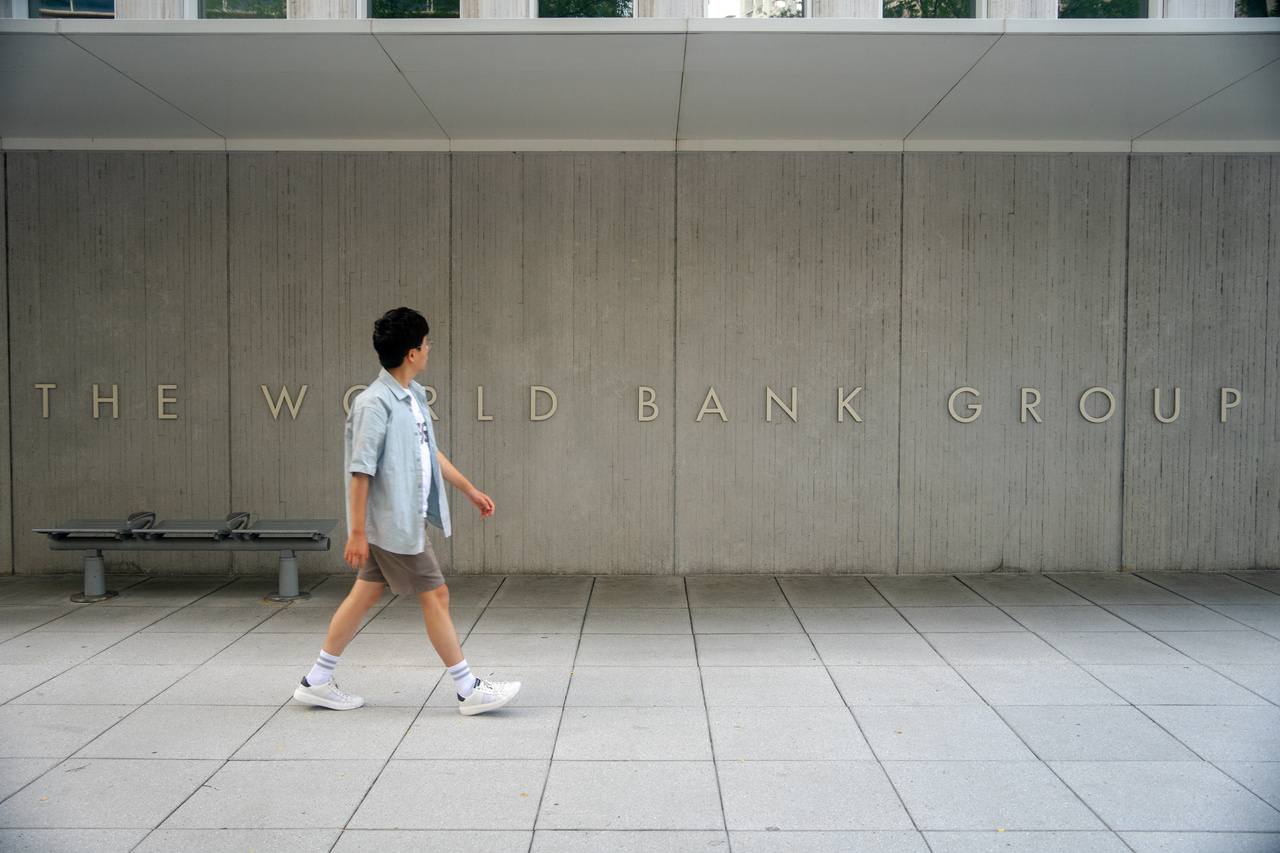
What happens when aspiration meets the world’s greatest challenges? Standing inside the World Bank headquarters in Washington, D.C., I realised that leadership here isn’t just about vision – it’s about driving sustainable change in the face of global uncertainty.
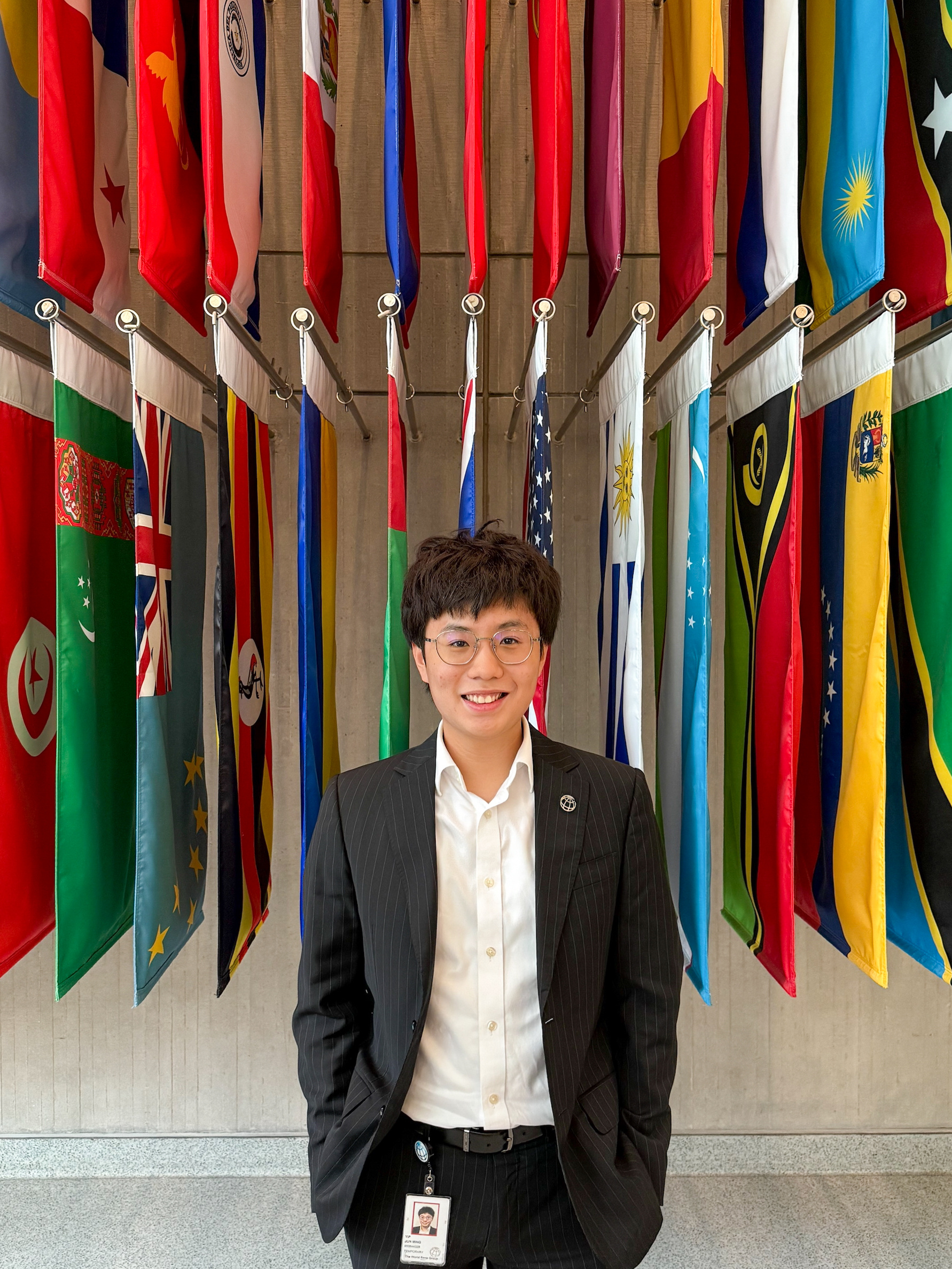
My Leadership in Action project, kindly sponsored by the Laidlaw Foundation, was a transformative dive into the heart of global development. Over the course of two months, I supported energy efficiency initiatives, a sector often overlooked in discussions of Sustainable Development Goal 7, which calls for affordable and clean energy for all. Working where the SDGs were conceived, I witnessed firsthand the Bank’s vision of “a world free of poverty on a liveable planet” in action. My work focused on the energy sector in Europe and Central Asia, a vital effort in a region grappling with outdated infrastructure and a recent energy crisis. Although energy conversations often spotlight renewables, I learned that nearly two-thirds of global energy is wasted, especially in nations fighting to modernise their grids. Enhancing energy efficiency across Europe and Central Asia isn’t just about environmental goals; it can also boost national energy security, insulate vulnerable populations from future shocks, and, as the World Bank’s latest research shows, generate economic returns and create jobs on a national scale. This experience revealed to me that actual progress towards the SDGs depends not only on innovation but also on elevating efficiency as a central pillar of sustainable development.
Dependence on imported energy, outdated infrastructure, and recent disruptions have made energy security a pressing concern for many economies across Europe and Central Asia. As I contributed research, analytical support, and project structuring to the World Bank’s energy efficiency initiative in the region, I was able to play a small, but meaningful, part in broader strategies to achieve energy independence and meet ambitious climate and development targets by 2030. Our team’s work supports policy reforms, the structuring and implementation of tangible projects, and knowledge-sharing activities, all directed towards enhancing energy security, increasing resilience to future crises, and accelerating integration with wider European energy markets for Europe and Central Asian countries. This collaborative effort not only advances ambitions for a greener and more secure energy future within Europe and Central Asia, but also serves as a model for how cross-sector partnerships can drive scalable, sustainable change in other emerging economies.
This work brought together a wide array of stakeholders, including World Bank leaders, public sector stakeholders, local project managers, engineers, public sector workers, and, most critically, ordinary Europeans and Central Asians who faced high heating bills and disrupted services. Together, we focused on tangible progress: structuring a sustainable financing mechanism to support energy efficiency in public buildings. Community engagement was more than just box-ticking; it was essential for piloting solutions, building trust, and fostering buy-in for long-term impact.
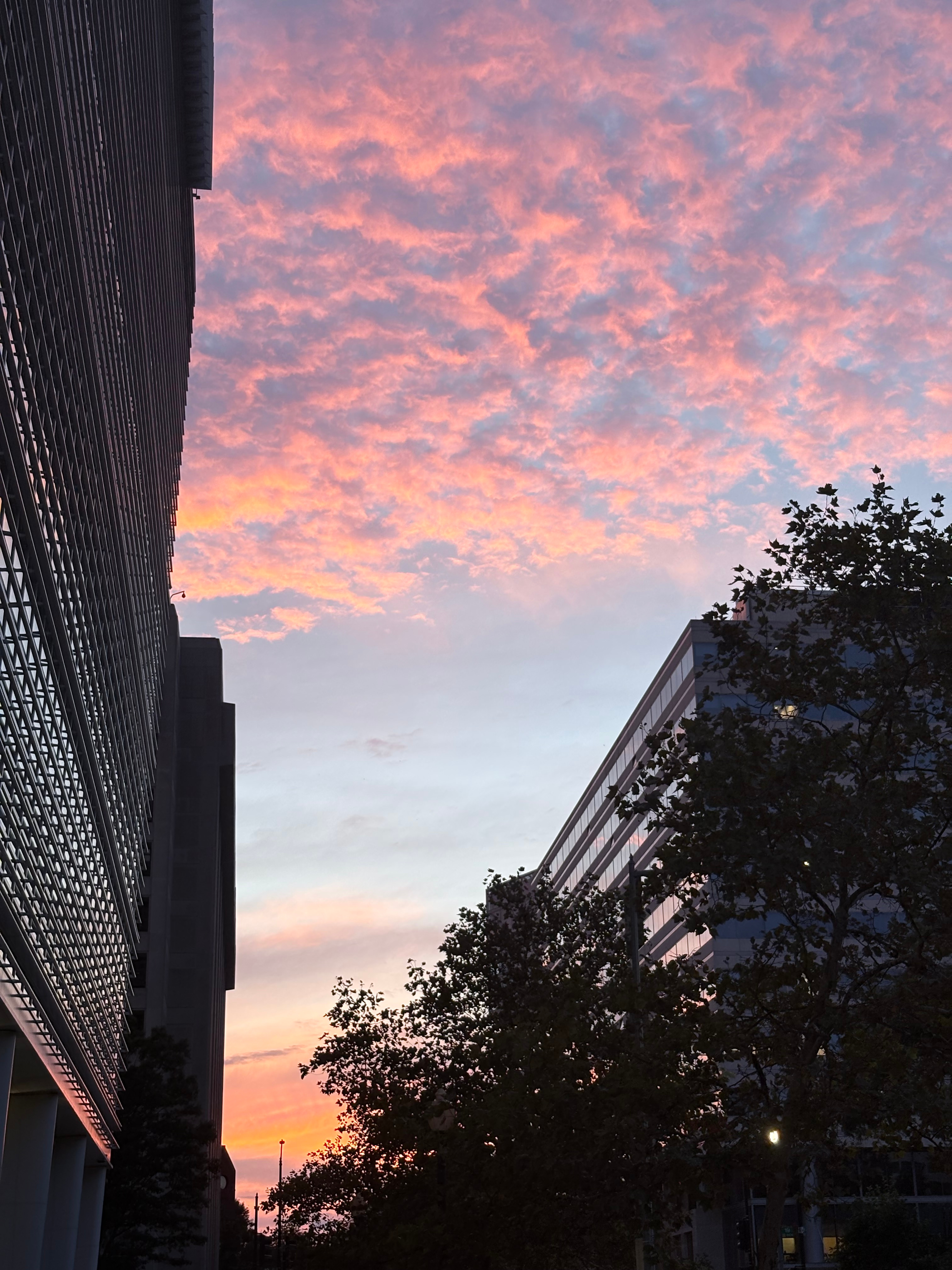
Before this project, I saw leadership as guiding from the front. My LIA experience taught me that authentic leadership means listening deeply: approaching with humility, embracing ambiguity, and forging ahead without all the answers. I learnt to ask, not instruct; to navigate cultural and institutional contexts with respect, rather than assumption. Resilience wasn’t just about troubleshooting technical issues; it was about persevering through slow change, learning from setbacks, and adapting with integrity.
Moreover, immersing myself in the energy sector stretched my understanding of global development far beyond textbook theory. Facing complex regulations and the lived reality of energy poverty, I grasped the urgency and nuance of sustainable change. This environment pushed me out of my comfort zone, challenged me to communicate across different contexts, and ultimately expanded my capacity for empathy, adaptability and ethical leadership.
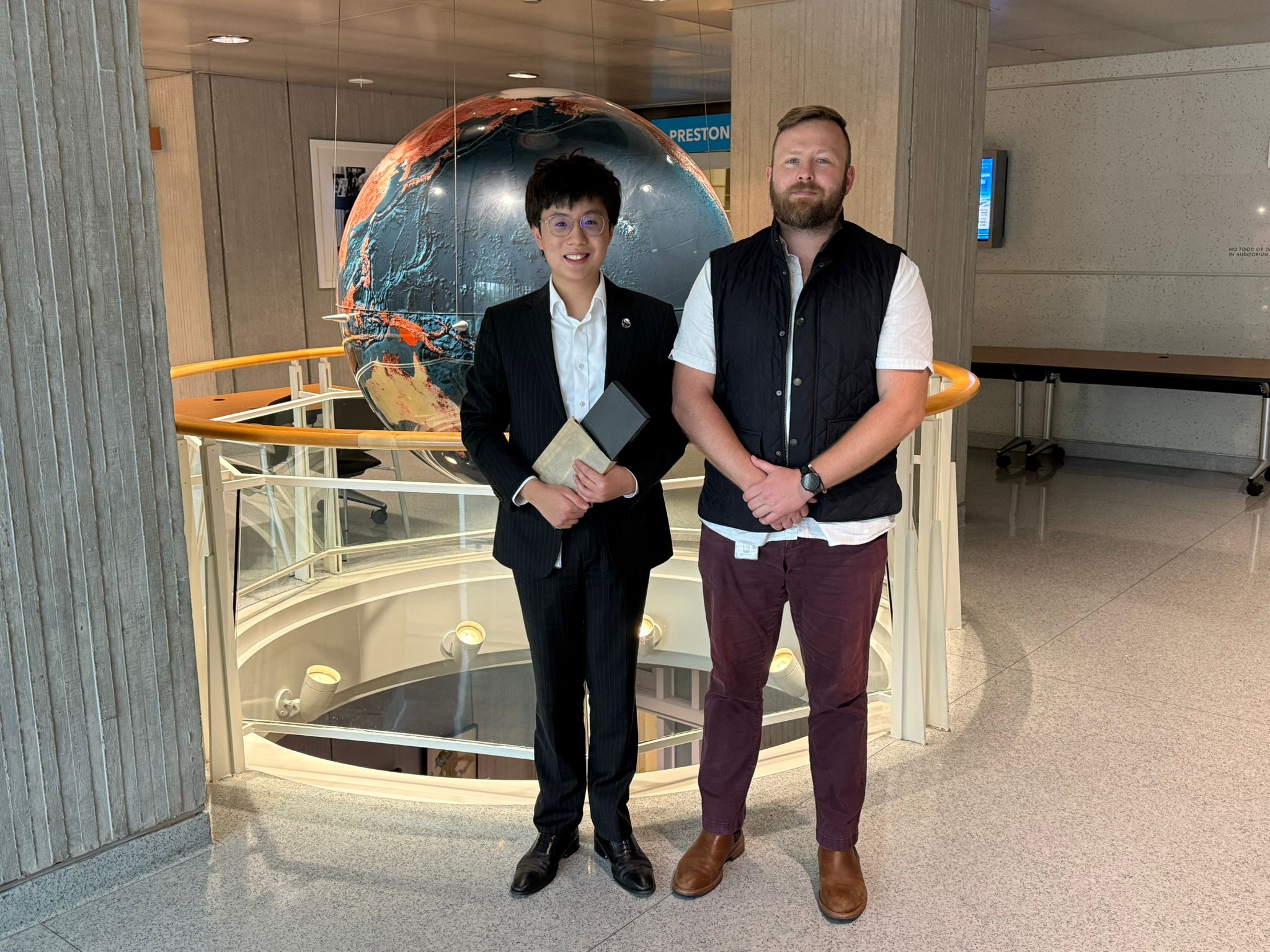
Beyond the collaborative project work, what truly set my World Bank experience apart was the institution’s commitment to continuous learning. Experts routinely shared perspectives derived from a wealth of experience across various markets and contexts, making each day a masterclass in innovative policymaking. The diversity of backgrounds fostered lively debates, encouraging me to question assumptions and remain open to contrasting viewpoints. Engaging with such a dynamic learning community broadened my understanding of how ethical considerations intersect with policy decisions.
My time at the World Bank reinforced a simple truth: progress comes when people from all four corners of the worldbuild trust and tackle problems together. Energy efficiency is more than a technical fix; it is a vehicle for creating jobs, promoting equity and enhancing resilience. As I move forward, I am committed to applying these lessons not only in future projects but also in daily leadership, championing collaboration, listening and courage at the heart of meaningful change.
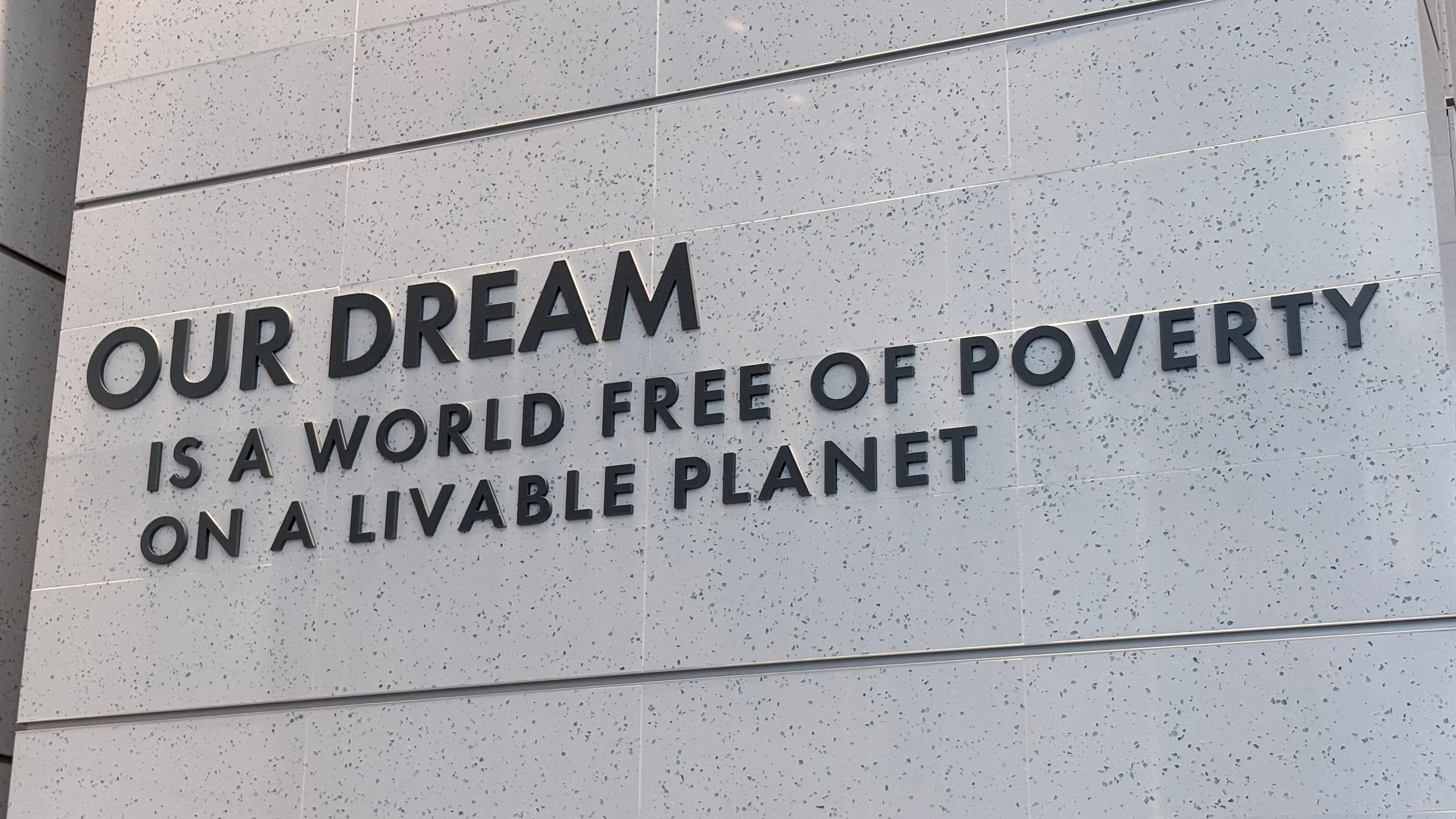
The World Bank acclaims that “our dream is a world free of poverty on a liveable planet.”
Today, I can proudly say that I have played a role in realising that dream, working alongside others who share this vision for a better world.
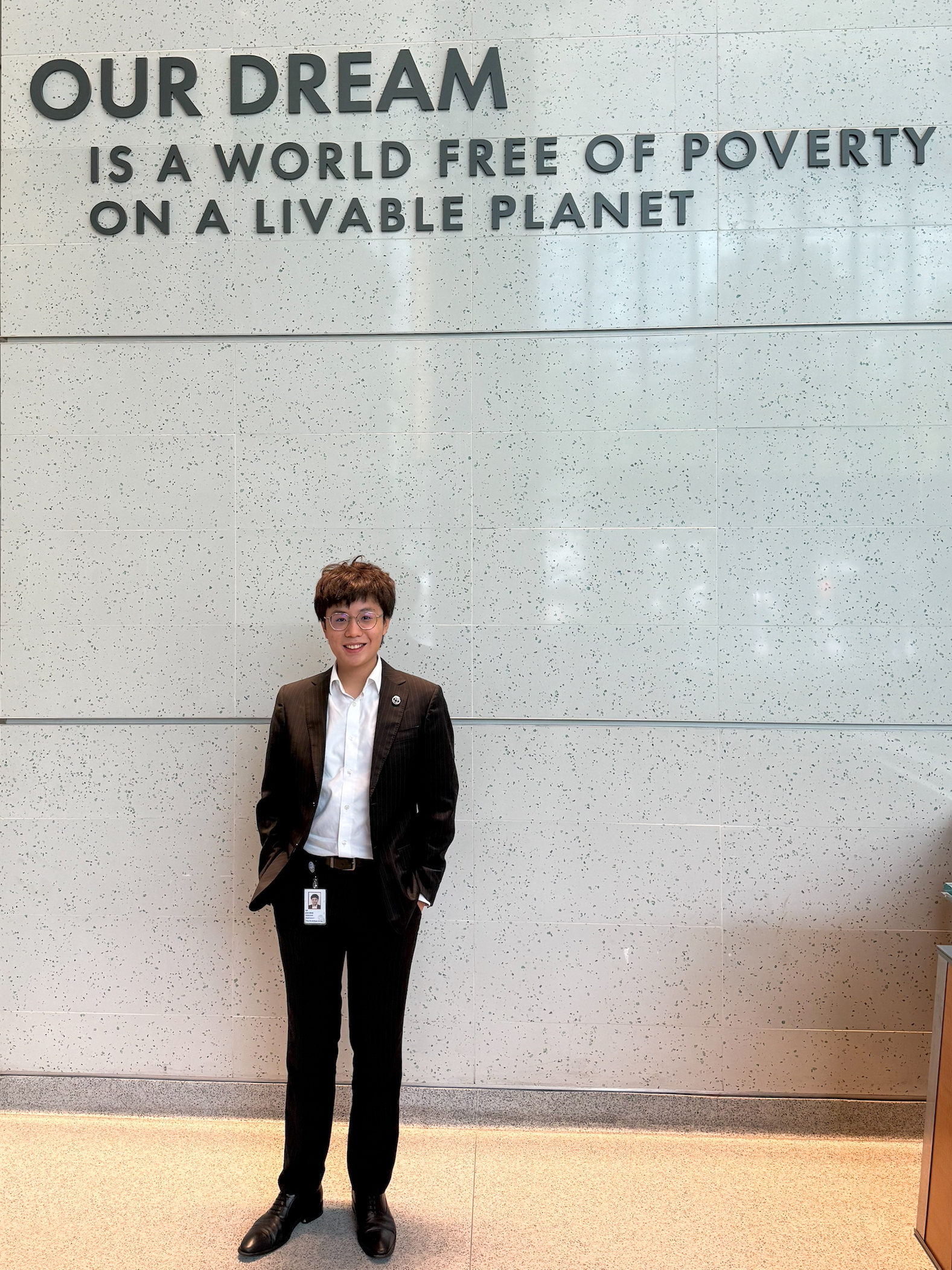
*The postings on this site are my own and do not necessarily reflect the opinions and positions of the World Bank.
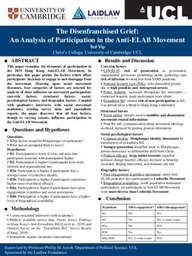
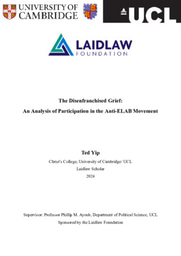
Please sign in
If you are a registered user on Laidlaw Scholars Network, please sign in